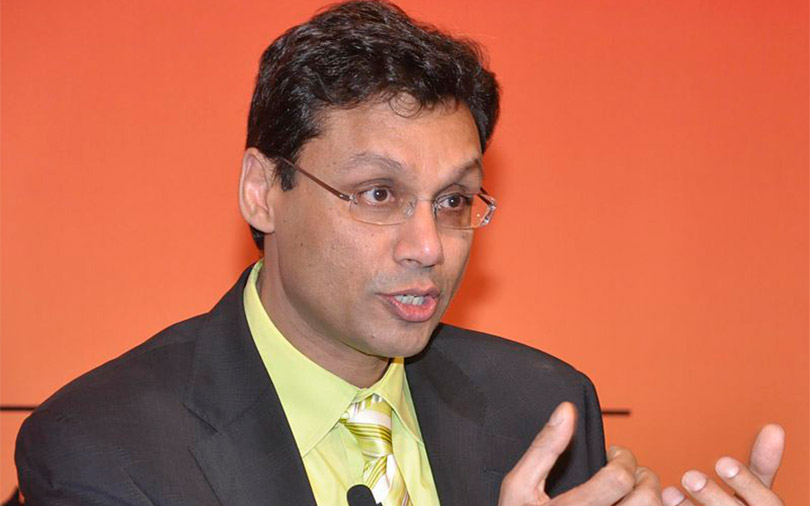
Marketing guru Nirmalya Kumar on how Indian firms should adapt to the digital age


Nirmalya Kumar’s skills as a strategist and marketing expert made him a prominent figure in India’s corporate circles, but it was a candid blog post that brought him to the notice of a much wider audience.
Days after Cyrus Mistry was unceremoniously ousted as Tata Sons chairman in 2016, his chief strategist went against conventional wisdom by admitting to having being fired and detailing his experience. Kumar’s story went viral, striking a chord with many who had suffered a similar ordeal.
He has since returned to academics, mulling over strategy in the digital age as a marketing professor at Singapore Management University and a distinguished fellow at Insead Emerging Markets Institute.

Kumar, who will examine the strategic challenges faced by companies and reveal the key to capturing emerging markets at News Corp VCCircle's Strategy and Marketing Masterclass in Mumbai on June 22, tells TechCircle his thoughts about marketing in the age of technology and and shares some advice for tech startups.
Edited excerpts:
In an increasingly digital world, what are the fundamental shifts that have come about in the marketing function?

The essence of marketing remains unchanged. It all comes down to whom to target with what value proposition.
However, the communication and distribution channels have changed. Marketers need to be more digitally savvy, more aware of the potential of social media and have greater comfort utilising data-driven approaches.
Technology used to be a mere buzzword. But with technology now becoming the product itself, are marketing managers equipped to manage this change?

Technology is an enabler and it is a continuous evolution over centuries. Marketers need to unlearn the old technologies that have become obsolete and learn the new relevant ones.
You have predicted that global brands will emerge from emerging markets - China in particular - in the near future. How do you see Chinese brands gaining global acceptance?
I have owned a made-in-China Apple iPhone for more than a decade and the product quality for me is world-class. China’s manufacturing capabilities are world-class, which is why they are the factory to the world.

To make a global brand is a learning task beyond world-class products. Undoubtedly, there will be more global Chinese brands following Haier, Huawei, Lenovo and Galanz over the coming decades.
Popular consumer brands in India haven't been able to break out globally in a meaningful way. What are their limitations? Do you see some of them making a global impact soon?
It starts with a great product that is desired by consumers across the world. This requires significant investment on research and development, which Indian companies shy away from. But beyond that, an aspiration and capability to go global is needed.

On a related note, do you see Flipkart being able to expand globally with Walmart's backing?
No. I am not sure that Walmart has made the best decision.
Could you list five points or pillars on which tech startups should be building their businesses?

1. Define the customer
2. Have a unique value proposition
3. Start small and have a ramping-up plan - don’t go for big-bang launches
4. Be continuous learners incorporating market feedback - grow with the business
5. Keep costs under control - think creatively about the value network being deployed.
